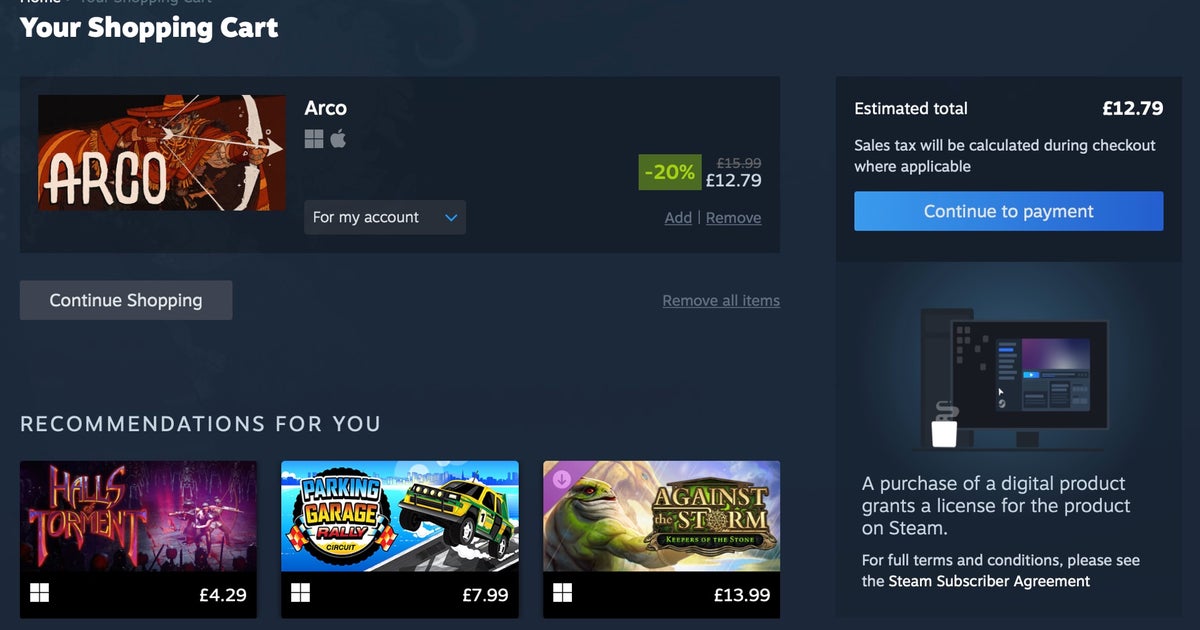GOG for the win (sometimes)!
It is exactly the same there.
I’m only allowed to read this article if I agree to send 625 companies my metadata. Irony.
Are you in the EU? Every ad company does a dark pattern where it looks like it’s impossible to opt out but remember that you can’t be legally opted in without explicitly agreeing to it. Once you know it you’ll notice that if you go into managing your choices then no non-essential cookies or data sharing partners will be selected. Ad company wants to trick you into agreeing by making „agree” look like it’s preselected and default (by being the only coloured button) but nothing there is actually selected and if you click „save choices” you just refused those cookies.
Alternatively you can use an extension like superagent.
I’m in Germany. It should be illegal, but the companies get away with it. Even shitty newspapers like Bild are doing it. I use ublock with annoyances on and ghosterly but these still get through.
I’m not even sure this is legal since accepting and rejecting should be equivalent choices. In those cases agreeing requires one click while rejecting requires two (manage->save, on top of said dark pattern). Then again many regulators are either toothless or willingly blind. EU is obviously not as bad as other places but still has ways to go.
Well I guess it meets the letter of the law :/
They can choose between either affirmative acknowledgment:
(A) The seller receives at the time of each transaction an affirmative acknowledgment from the purchaser indicating all of the following:
(i) That the purchaser is receiving a license to access the digital good.
(ii) A complete list of restrictions and conditions of the license.
(iii) That access to the digital good may be unilaterally revoked by the seller if they no longer hold a right to the digital good, if applicable.
Or a notice:
(B) The seller provides to the consumer before executing each transaction a clear and conspicuous statement that does both of the following:
(i) States in plain language that “buying” or “purchasing” the digital good is a license.
(ii) Includes a hyperlink, QR code, or similar method to access the terms and conditions that provide full details on the license.
https://leginfo.legislature.ca.gov/faces/billTextClient.xhtml?bill_id=202320240AB2426#99INT
Without a requirement to declare any restrictions (e.g. non-transferability) or revocable nature of the license the notice option is pretty toothless.
Well i guess if i return my license i get back my money right?



